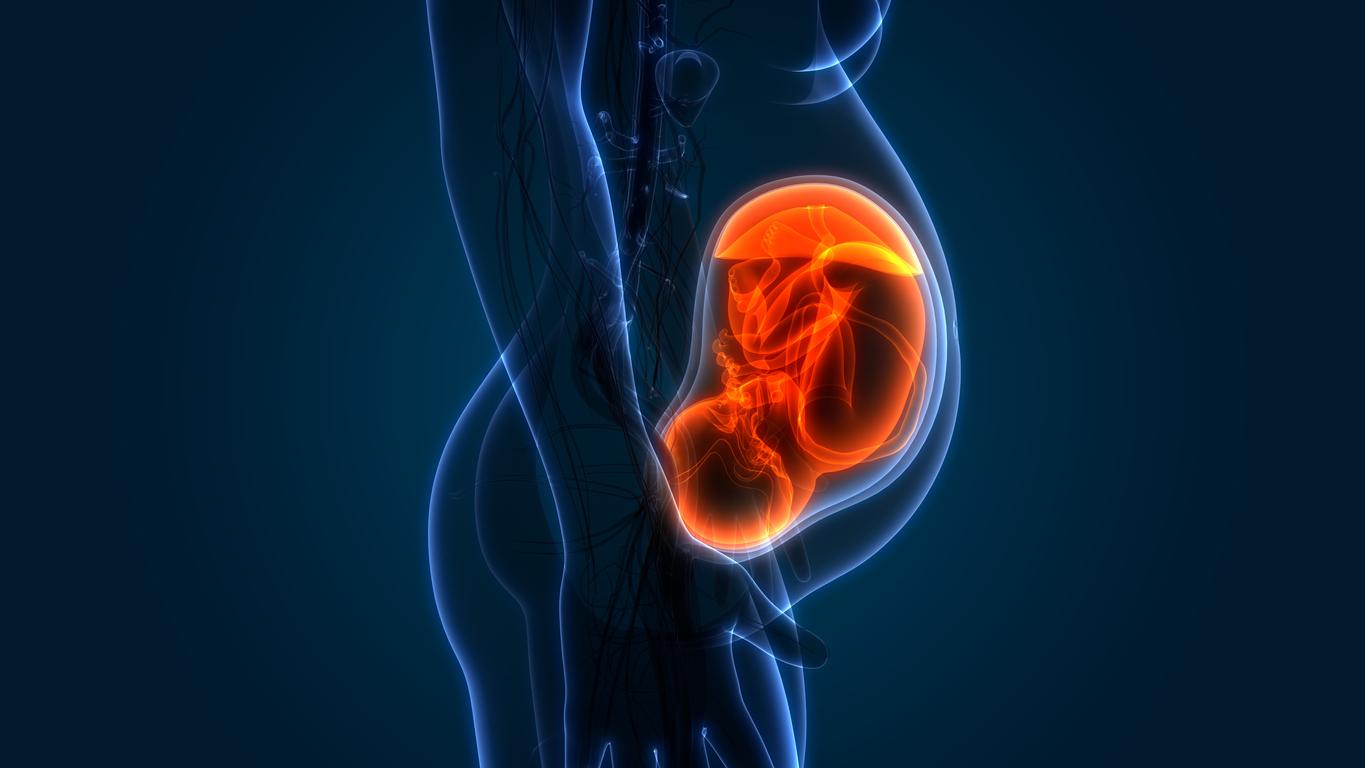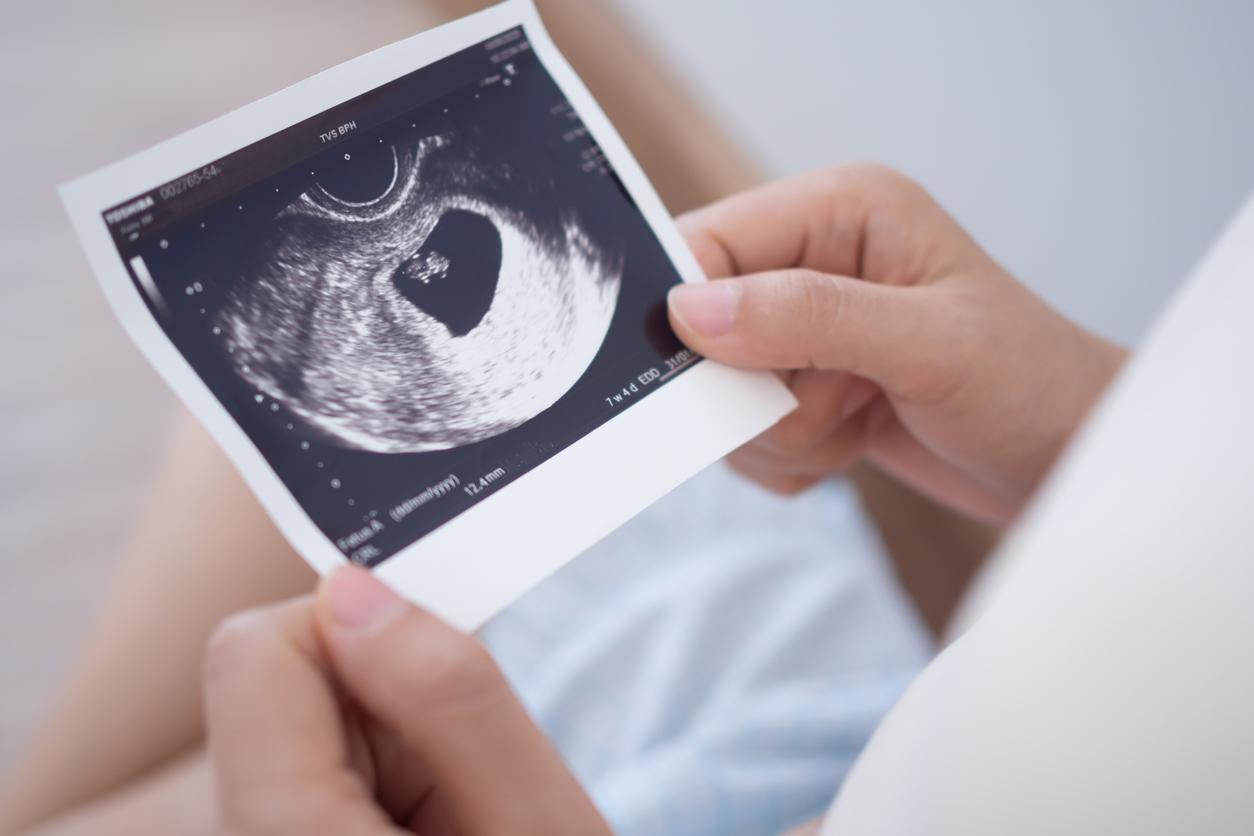Children born underweight are at increased risk of disease compared to others when they become obese as they grow up, a new study finds.

- A new study highlights a link between birth weight and the risk of obesity-related complications during childhood.
- Children who were born with a low birth weight are at greater risk of developing type 2 diabetes if they become obese as they grow older.
- For the authors, their study highlights the need for prevention and treatment approaches for obese children who had a low birth weight.
Several studies have shown that people born with a very high birth weight are more likely to have health problems later in life, such as a high BMI, diabetes or atrial fibrillation. But the “shrimps” also face future difficulties. Scientists from the University of Copenhagen have, in fact, highlighted a link between a low birth weight and a risk of obesity-related complications during childhood.
Low birth weight: obesity while growing up linked to more disorders
For this study published in the journal EBioMedicinethe researchers took data from a Danish cohort of more than 4,000 children and adolescents. They had access to their birth weight, BMI, clinical assessments, blood samples, biomarkers and a polygenic score for birth weight (a calculation that indicates whether or not the child was predisposed to low birth weight).
Their analysis showed that developing obesity during childhood poses a greater risk for a child if he or she is born underweight. “If we look at measures of insulin sensitivity, we see that being born with a low birth weight has no adverse effect on normal-weight children. However, in obese children, we see near-normal insulin sensitivity in high-birth-weight children and significantly decreased insulin sensitivity in low-birth-weight children.”explains Pauline Kromann Reim, second author of the study, in a communicated.
The team also found a link between low birth weight and increased levels of fat in the liver, which reduces insulin sensitivity and could explain why people who were born very small babies are at greater risk of developing type 2 diabetes in childhood. Blood samples from participants who were “low birth weight” also had higher levels of obesity-related biomarkers in their blood later in life.

Birth weight: small babies should be monitored
Why are small babies at greater risk of cardiometabolic complications if they become obese during childhood? Researchers suggest an explanation: “The reason may be, literally, superficial. The body normally stores fat in fat cells located under the skin, called subcutaneous fat. But these fat stores may be underdeveloped in children born underweight and so cannot develop as much as needed to store more fat.”
This would lead the body of the little ones to store more visceral fat. However, high levels of the latter have a negative impact on health, in particular it increases the risk of type 2 diabetes.
In view of the associations discovered, the authors call for the implementation of preventive measures and treatments specifically adapted to obese children born with a low birth weight. “Such targeted strategies could reduce the risk of developing obesity-related cardiometabolic complications”explains the co-lead author of the article, Jens Christian Holm. “Early intervention and greater precision about who to treat and who not to treat are key elements in the battle against cardiometabolic diseases.”adds his colleague Professor Torben Hansen.

















